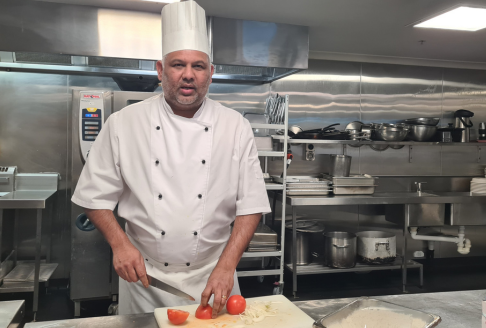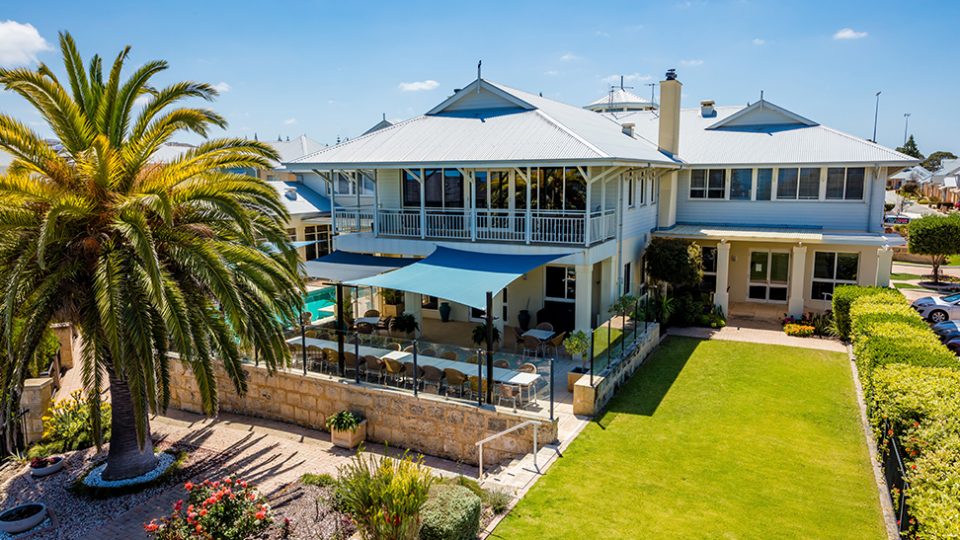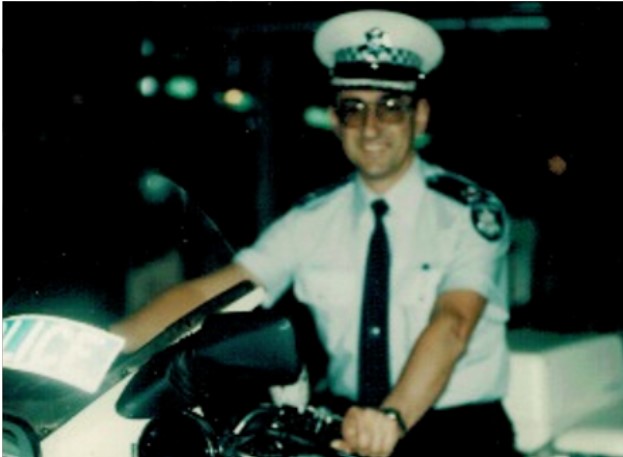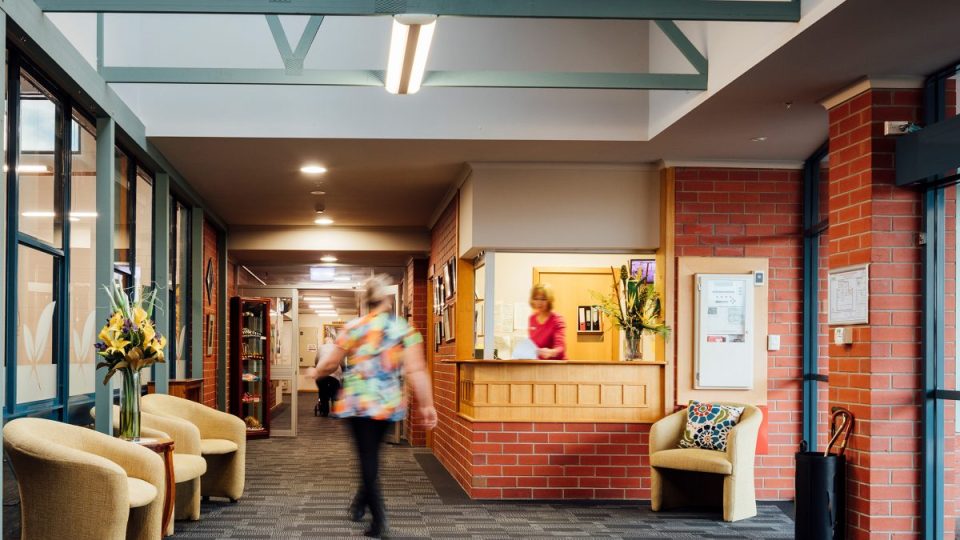Meet Elton David – Head Chef at our Hedley Sutton Community and our Faces of Baptcare # 42
- 23 May 2023

When did you start working at Baptcare?
I started at Hedley Sutton back in 2016.
Tell us about a typical day at work – if there is one!
In terms of what I deliver with the team, we produce breakfast, morning tea, lunch, afternoon tea, dinner and supper each day. On Tuesdays and Thursdays, we have a ‘Café Night’ where we host the residents and their families for a meal. We prepare around 400 meals each day.
I guess I’m a different kind of chef because I really love spending time with the residents, quite apart from my cooking. Hedley Sutton is their home and so I like them to think of me as part of their family. I always let them know, “I’m there for you, don’t worry.” I love to connect with them. When they see me walking by, they call out to me, “Hey Elton, do you remember about this or that?” And I call out to them, “Sure thing!” and we get to have a conversation and I feel like I’m developing a bond with them.
Why do you love working at Baptcare?
What I love about working in the aged care sector is that the residents share their wisdom, knowledge and life experiences with me. They have so much to give! I learn so much more from them than what I give.
I’m really committed to making sure older people get good, nutritious food. Put simply, when I think of our residents, I think about how this is someone’s mother or father. They need love and care and great food. This is what Baptcare stands for – love and compassion for others. This is what I know how to do – take others on journey and make life better for them.
Have you always worked in food and hospitality?
Yes, I worked for 21 years at Rod Laver Arena. We did big numbers in terms of meals and very long hours. I started as a dish washer and advanced through the ranks until I became a Chef and Supervisor. We did a lot of functions, concerts and the Australian Open Tennis, course. A lot of big events!
What was your first job?
When I came to Australia in 1998 from India, my first job was as a dish washer. Unfortunately, my father passed away shortly after I arrived and that’s when I became the breadwinner in my family. I felt a need to channel that pressure into something positive so I worked on building up my career in hospitality.
What are the most important skills to have in your job?
Patience is key. I think, with the right training, you can make anyone into a good chef – but you can’t make a good person.
What do you do to relax and unwind?
I like music – I play the piano and guitar. I really enjoy listening to gospel music.
Do you like cooking at home – or do you try to avoid it?
I do like cooking at home with my family and friends. I like simple, home-cooked Indian food – and I’m incredibly lucky that my wife is also a great cook. I also like Thai food.
Do you have a motto in life?
To serve others.
If you could cook for anyone in the world (living or dead), who would it be and why?
I would love to cook for my dad – he always thought I was a very bad cook! But I think he would be very happy with how I’ve developed my skills and worked hard at my job. I’d like to share a meal with him now.
Have you cooked for anyone famous?
I was lucky enough to serve Her Majesty, Queen Elizabeth II, when she visited Melbourne for the Commonwealth Games in 2006. I felt very honoured to be a part of the celebration.
What’s on the menu tonight?
Tonight, we are serving chicken skewers with fried rice and bok choy. There’s a crème brulee for dessert.
Sounds delicious Elton! Thank you for your wonderful service and dedication to our beloved residents at Hedley Sutton. Thanks also to your fantastic team, who work hard in the kitchen each day to prepare so many delicious meals.
Community news
-

BaptistCare to acquire Keyton’s Western Australian retirement village portfolio
BaptistCare is pleased to announce that we have entered into an agreement to acquire Keyton’s portfolio of retirement villages in WA.
- 13 Nov 2025
-

Spotlight on Residents: Reg Baker
At Baptcare, we are always delighted to learn more about our residents’ lives. They are often filled with excitement, joy, and adventure, and it truly reminds us how rich a person’s life is—and continues to be—when they join one of our residential aged care communities. Today, we are honoured to share the remarkable story of one of our residents, Reg Baker, who lives at Baptcare Peninsula View Residential Aged Care community.
- 10 Nov 2025
-

Staff spotlight | Leonie Irvine – 35 years of service in aged care
Leonie is one of our dedicated Lifestyle Assistants at Karingal Residential Aged Care community in Devonport, Tasmania. She recently celebrated an incredible milestone - 35 years of continuous service at Baptcare. In a sector where long-term service is increasingly rare, Leonie’s 35-year journey stands out as something truly special.
- 10 Nov 2025
